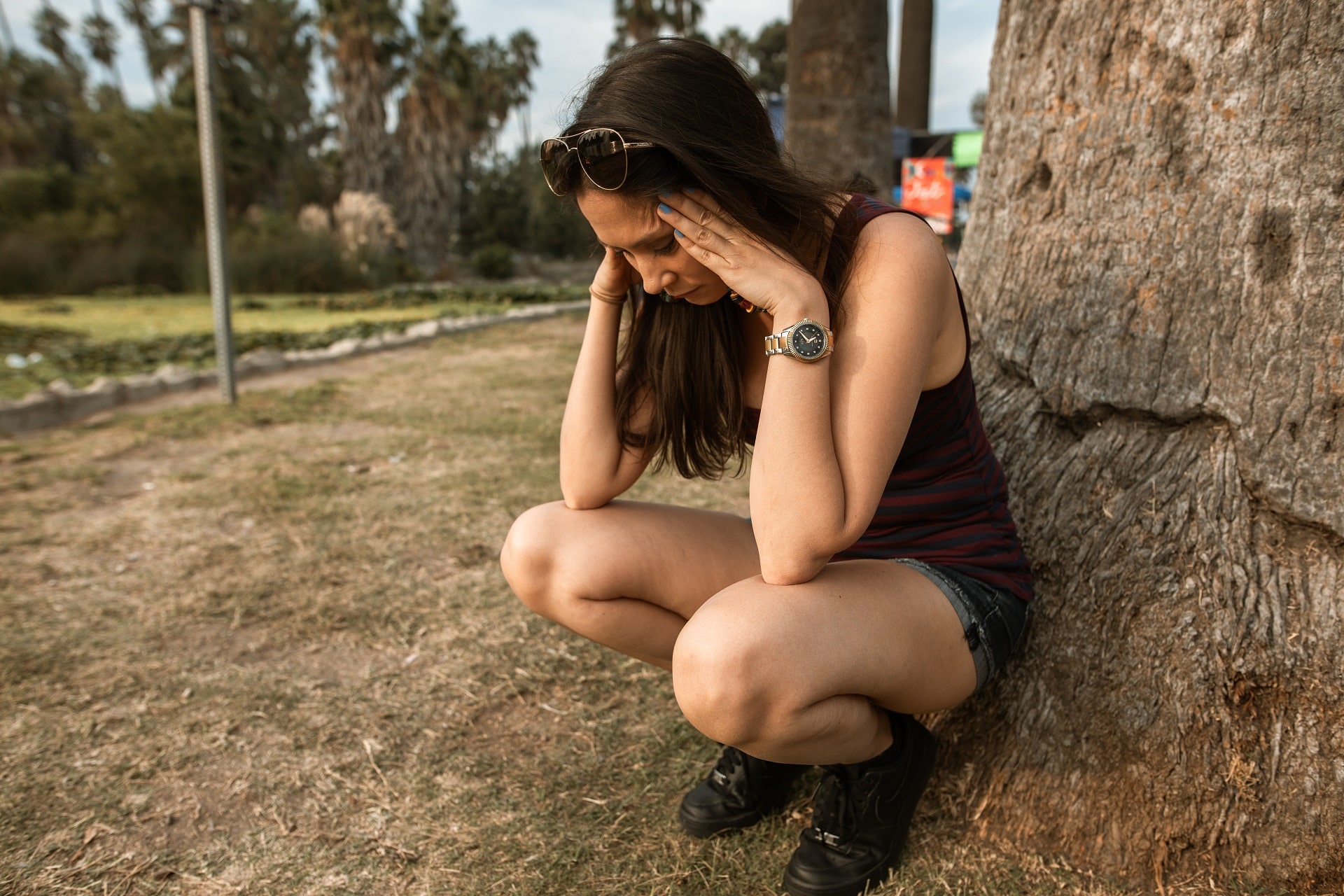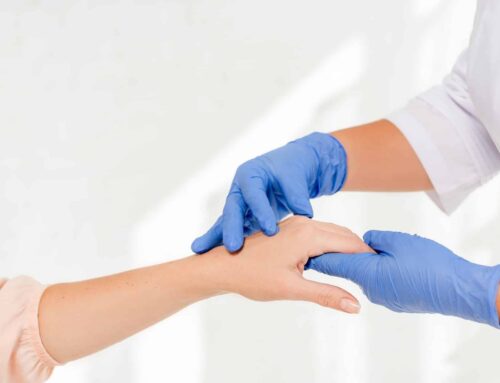Stress is a common part of modern life. Whether it’s work-related stress, financial stress, or personal stress, we all experience it to some degree. But did you know that chronic stress can have a negative impact on your bone health?
According to research, chronic stress can lead to the loss of bone mass and an increased risk of fractures. But how exactly does this happen? And what can you do to protect your bones from the damaging effects of stress? Let’s take a closer look at the link between chronic stress and brittle bones.
Understanding the Link Between Stress and Bone Health
To understand how chronic stress can affect your bone health, we need to take a look at the hormone cortisol. Cortisol is a hormone that is released by the adrenal gland in response to stress. It is often referred to as the “stress hormone” because it helps the body respond to stress by increasing blood sugar levels and suppressing the immune system.
While cortisol is an important hormone for managing stress in the short term, chronically elevated levels of cortisol can have a negative impact on your bone health. This is because cortisol can interfere with the process of bone remodeling, which is the natural process by which old bone tissue is broken down and replaced by new bone tissue.
When cortisol levels are elevated for an extended period of time, this can lead to a loss of bone mass and an increased risk of fractures. In fact, research has shown that individuals who experience chronic stress are more likely to have osteoporosis and fractures.
Protecting Your Bones from Stress
So what can you do to protect your bones from the damaging effects of stress? Here are a few tips:
- Practice stress-reducing activities: Practicing stress-reducing activities such as yoga, meditation, and deep breathing exercises can help lower cortisol levels and reduce the negative impact of stress on your bone health.
- Exercise regularly: Regular exercise, particularly weight-bearing exercise such as running, walking, or weightlifting, can help strengthen your bones and reduce your risk of fractures.
- Get enough vitamin D and calcium: Vitamin D and calcium are both essential for maintaining strong bones. Make sure you are getting enough of these nutrients through your diet or supplements.
- Limit caffeine and alcohol: Both caffeine and alcohol can interfere with the absorption of calcium, which is essential for maintaining strong bones. Limit your consumption of these substances to protect your bone health.
- Seek professional help: If you are experiencing chronic stress, seek professional help. A therapist or counselor can help you develop coping strategies to manage your stress and protect your bone health.
Conclusion
Chronic stress can have a negative impact on your bone health, leading to a loss of bone mass and an increased risk of fractures. However, by practicing stress-reducing activities, exercising regularly, getting enough vitamin D and calcium, limiting caffeine and alcohol, and seeking professional help, you can protect your bones from the damaging effects of stress.
Remember, taking care of your bone health is essential for maintaining overall health and well-being. So make sure you are taking steps to protect your bones from the negative impact of chronic stress.
References:
- Talbott, S. M., & Talbott, J. A. (2013). Cortisol and DHEA as biomarkers of stress: implications for health and disease. In Functional medicine: The ultimate guide (pp. 235-250).
- Cohen, S., Janicki-Deverts, D., Doyle, W. J., Miller, G. E., Frank, E., Rabin, B. S., & Turner, R. B. (2012). Chronic stress, glucocorticoid receptor resistance, inflammation, and disease risk. Proceedings of the National Academy of Sciences, 109(16), 5995-5999. https://www.ncbi.nlm.nih.gov/pmc/articles/PMC3341031/
- Sozen, T., & Ozisik, L. (2017). Vitamin D and bone health. Journal of clinical & experimental orthopaedics, 3(3), 52-56.
- Weaver, C. M., Gordon, C. M., Janz, K. F., Kalkwarf, H. J., Lappe, J. M., Lewis, R., … & Zemel, B. S. (2016). The National Osteoporosis Foundation’s position statement on peak bone mass development and lifestyle factors: a systematic review and implementation recommendations. Osteoporosis International, 27(4), 1281-1386. https://pubmed.ncbi.nlm.nih.gov/26856587/
- Hansen, R. K., Oster, R. A., Tollefsen, D. M., & Stanley, W. D. (2017). Caffeine and bone mineral density in women. International journal of environmental research and public health, 14(12), 1535.
- Karampour, H., Shafiee, M., Shohaimi, S., & Rajikan, R. (2020). Alcohol consumption and bone health: A systematic review. Journal of Osteoporosis, 2020.







Leave A Comment